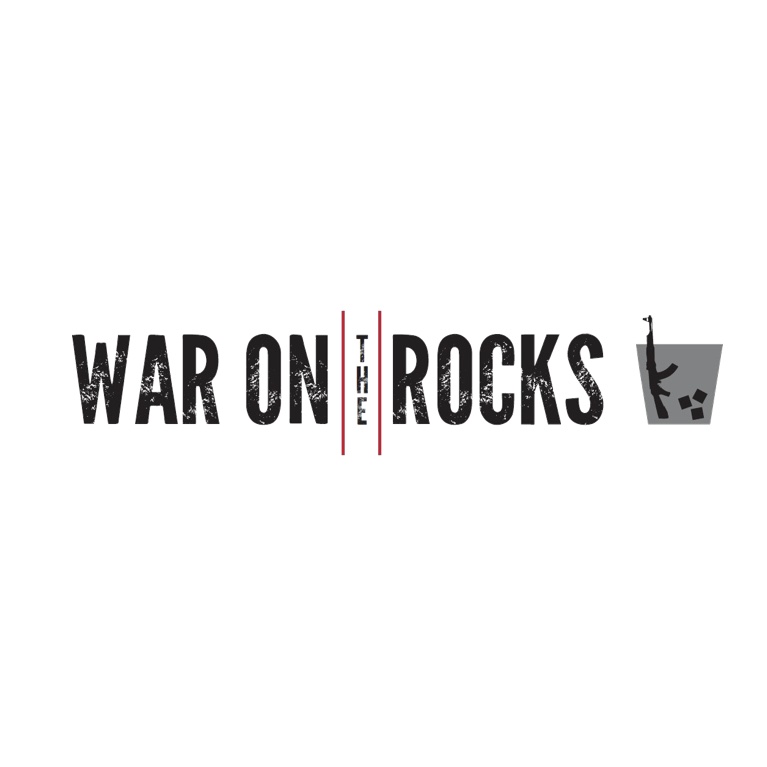Entry 52: teaching tupac – war on the rocks
- Select a language for the TTS:
- UK English Female
- UK English Male
- US English Female
- US English Male
- Australian Female
- Australian Male
- Language selected: (auto detect) - EN

Play all audios:

_Editor’s Note: This is the 52nd installment in Van Jackson’s daily writing journal, “__Nuke Your Darlings__,” which tracks his six-month battle to write a new book on North Korea. Will he
meet his deadline?_ There aren’t enough hours in the day! I wish I could buy a couple extra hours each day, and would pay even more to add an hour of sleep each night. I jotted down about
480 words today, but found it hard to concentrate on writing amid the swirl of other tasks. I’m in a mode right now of just shooting at the five-meter targets. I know there are big
adversaries headed my way, but if I don’t handle the ones that are closest then I won’t be around to tackle the bigger ones down the road. I randomly posted a slide from one of my lectures
for Intro to Security Studies on twitter. It inquired about the relation of structure and agency, and how to think about cause and effect in social explanation. And it had a picture of Tupac
throwing up a “Westside” sign with his fingers from the cover of his biggest album. Several people DM’d me to ask what the Tupac connection was. It saves time to just explain it briefly
here. Tupac was fond of saying that he’s a product of his environment; he said it all the time. But he also wrote a famous poem called “The Rose from the Concrete,” which was all about the
magnificence of something marginally good coming out of circumstances that are impossibly, hellishly bad. Nothing really grows in concrete—not least roses—so if you see a damaged, partly
wilted rose sprouting out of the concrete you should be looking at it in admiration, not derision for being less than a perfect specimen. Context makes it a kind of miracle. These statements
express dueling ideas about cause and effect in the social world. Don’t be surprised, Tupac tells us, if black men become thugs and drug dealers when their environment is one in which they
live with short shadows of the future, mistrust the justice system, and are systematically deprived of opportunities for economic mobility. We all tend to be products of our environment,
working within the incentives that the structures around us provide. At the same time, Tupac saw himself as the rose from the concrete, a triumph of the individual over his environment. The
deck may have been stacked against him since birth, but determination can make the impossible possible. Kind of a hood rendition of the Personal Legend philosophy in The Alchemist. So
Tupac’s my explanatory vehicle to introduce thinking systematically about causality and levels of analysis (and then later, what’s wrong with thinking in those terms). That stuff’s important
for security studies because it’s a sub-field that places high value on research designs and methods that mimic scientific method in the physical sciences (for better or worse). Unrelated,
a rumor is circulating that Trump’s national security adviser, H.R. McMaster, would leave the National Security Council to become commander of U.S. Forces Korea. That would put him directly
in Kim Jong Un’s firing line if a war popped off. McMaster better pray John Bolton doesn’t replace him as national security adviser. _Van Jackson is a senior editor at _War on the Rocks_ and
an associate editor of the _Texas National Security Review_. _